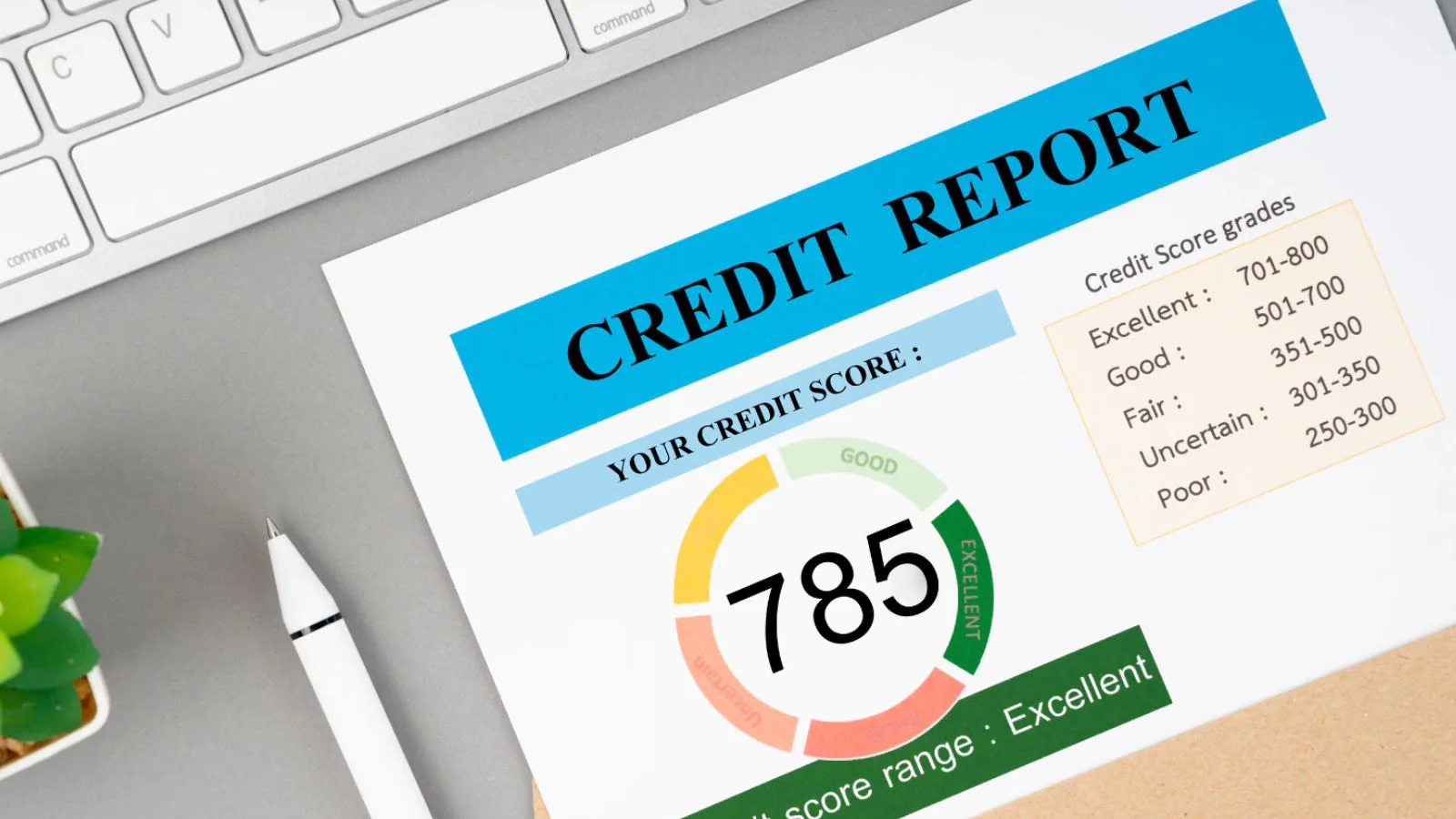By Business Desk,News18
Copyright news18

Errors in your credit report may seem minor, but they can have a significant impact on your finances. Your credit score determines how banks and lenders perceive you, and even a small mistake could result in higher interest rates or the rejection of a loan or credit card.
That’s why it’s crucial to understand how credit reports and scores work, and how to correct errors by filing a dispute. Addressing mistakes promptly can safeguard your credit health and improve your chances of securing better loan and credit card offers.
Why Check Your Credit Report?
A credit report is like your financial report card. It tracks your repayment history, loans, and credit card usage. But sometimes, it may include wrong details such as typing errors, outdated records, or duplicate entries. These mistakes lower your credibility in the eyes of lenders.
The Reserve Bank of India (RBI) requires credit bureaus such as CIBIL, CRIF High Mark, Experian and Equifax to update data every 15 days. Checking your report regularly helps you catch mistakes early and ensures your profile reflects your actual financial behaviour.
How To File A Dispute
If you notice an error, here are the steps to raise a dispute:
Step 1: Log in to your credit bureau account through its official website.
Step 2: Open your credit report and spot the exact mistake.
Step 3: Use the ‘Raise Dispute’ option provided.
Step 4: Fill out the dispute form with complete details.
Step 5: Attach supporting documents such as receipts, ID proof, or loan statements.
What Happens After Filing
Once submitted, your report will show the error as “Under Dispute.” The bureau then checks with your bank or lender and updates the information if your claim is correct.
As per RBI rules, the process is usually completed within 30 days. You will receive updates via email or post once the issue is resolved.
As quoted by Mint, Manish Shara, Co-founder and CEO of ZET, explains, “RBI’s Master Direction on Credit Information Reporting gives consumers the right to raise disputes with their bank or directly with credit bureaus through online forms, email, or written communication. These institutions are required to investigate and respond within 30 days.”
What Your Score Means
In India, a score above 750 is considered excellent and usually results in quick loan approvals with the best terms.
A score between 700 and 749 is good, and most lenders approve loans at favourable conditions. Scores from 650 to 699 are average, where approval is possible but with stricter terms.
Anything between 550 and 649 is poor and makes borrowing difficult, while scores below 550 often lead to rejection.
Tips For Success
To make your dispute successful, always be clear about the correction you need. Provide complete documents to support your claim, and keep track of the dispute status online. Save all communication for reference, and if the issue isn’t resolved, you can escalate it to the RBI Ombudsman.
By staying proactive and careful, you can maintain a healthy credit report, improve your score, and ensure that lenders see you as a trustworthy borrower.



